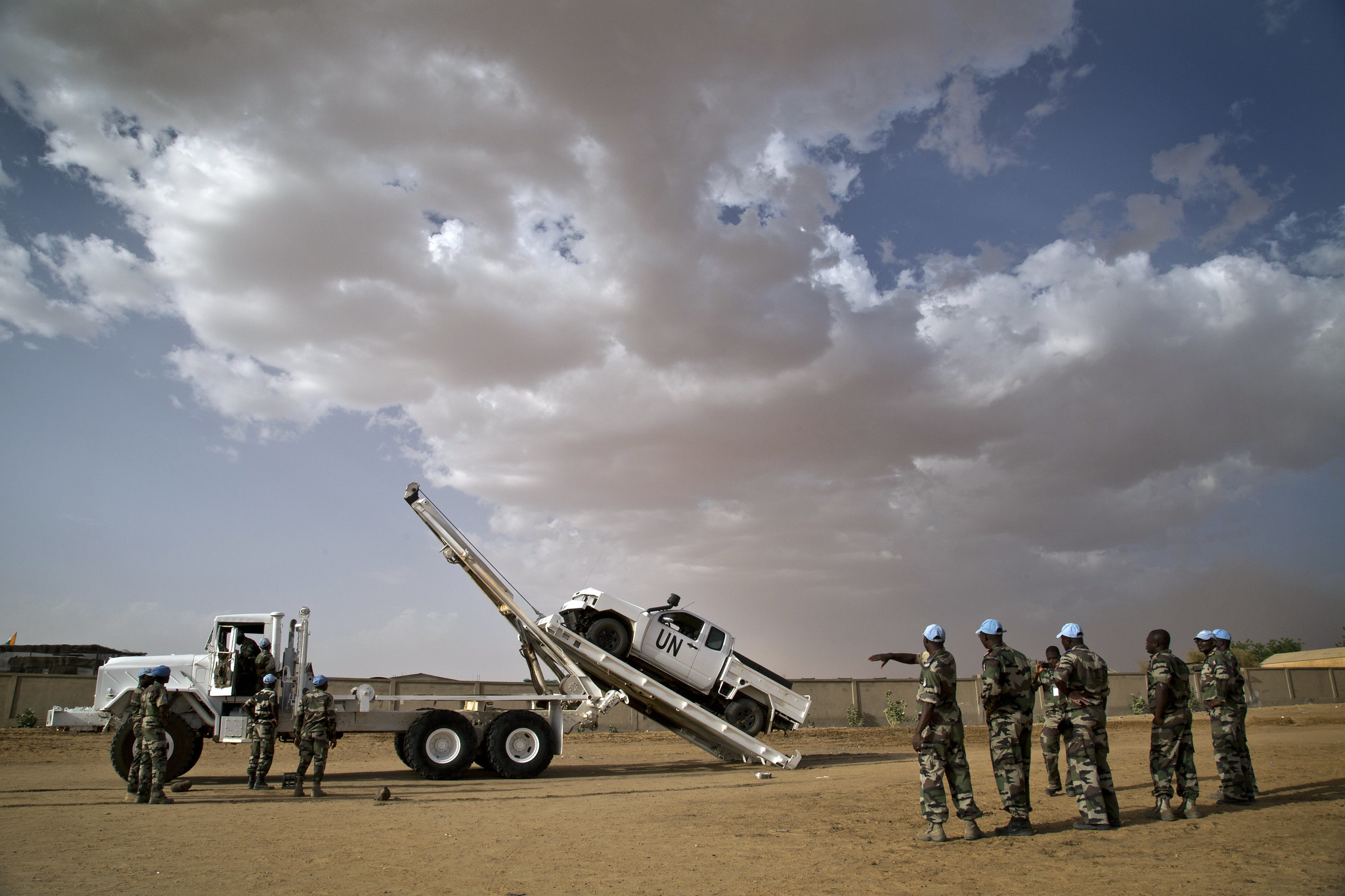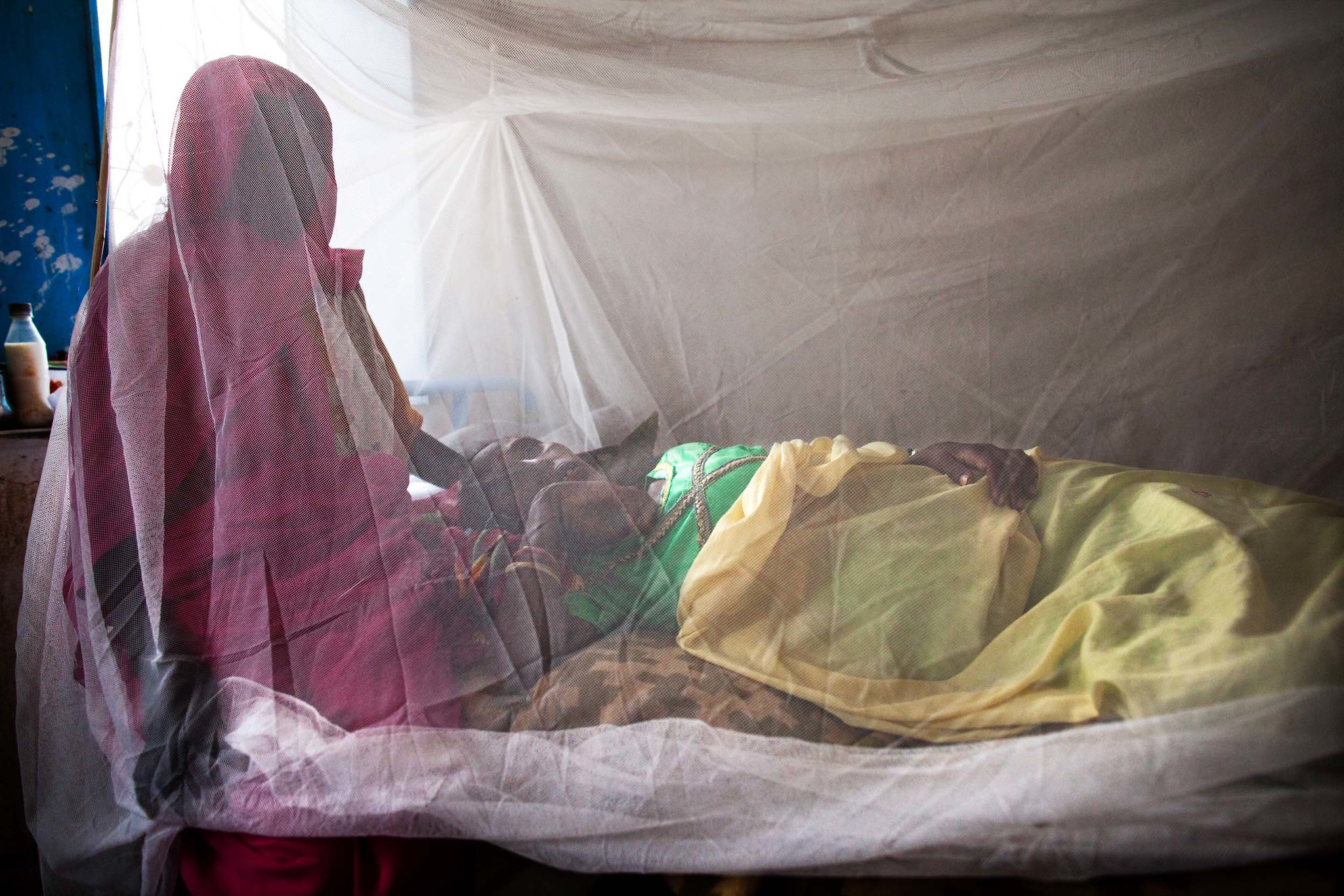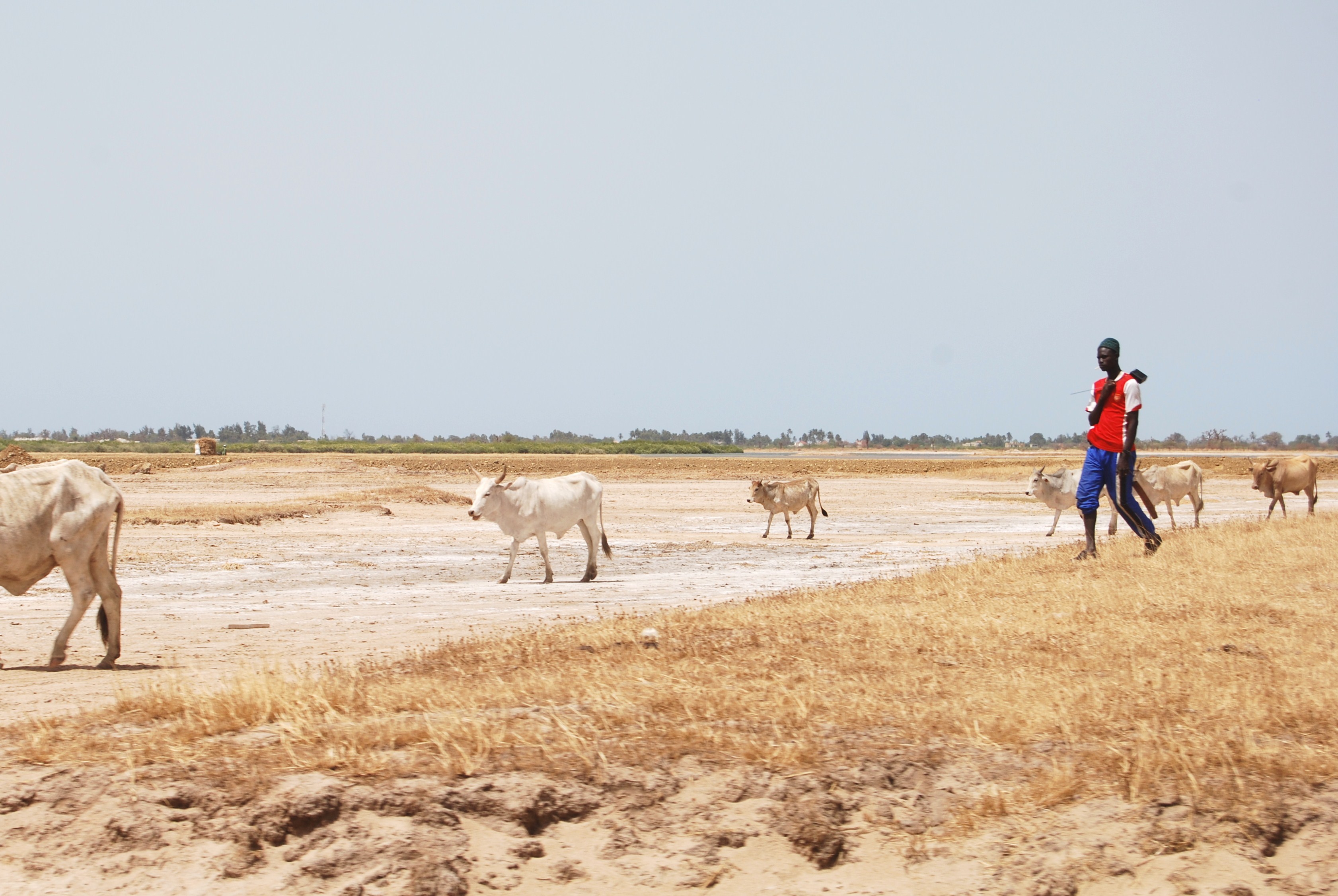Another coup, this time in Gabon, has destabilised Francophone Africa as local populations tire of ineffective governance and the continued influence of France – the old colonial power, writes Francis Okpaleke.
Francophone Africa is suffering a period of political upheaval, and Gabon is its latest flashpoint. The oil-rich nation was the scene of a military coup on 30 August 2023, marking the eighth successful coup in the region since 2020.
For years, Gabon has grappled with persistent doubts about the credibility of its electoral processes, with suspicions of irregularities casting a long shadow over its democratic journey. The events in August follow the controversial victory announcement by Ali Bongo, who assumed power after his father’s death in 2009, and claimed a disputed 64 per cent of the votes in the recent elections.
General Brice Oligui Nguema, is now the interim president of the country and although he has promised to return power to civilians no date has yet been set for elections.
A Francophone Spring emerges
The Francophone Spring refers to the series of political developments and military takeovers that have occurred in French-speaking African countries since 2020. These events are characterised by a rejection of the status quo, often marked by a perceived failure of democratisation processes and a desire to end French influence in these nations.
In Gabon, politics have been dominated by the Bongo family. The recent coup is a determined departure from the entrenched Bongo dynasty that has wielded power since 1967. But it is also a reaction against perceived French interference.
“Gabon without France is like a car with no driver. France without Gabon is like a car with no fuel.” Omar Bongo.
The growing discontent is not limited to Gabon alone. Mali, Burkina Faso, and Niger have also experienced military takeovers, and the new regimes have made a point of being anti-French in their rhetoric. The region, once characterised by France’s military influence, has now become a focal point for juntas.
Post-independence, France maintained a significant influence in its former colonies. The CFA Franc set exchange rates to French currency and compelled foreign currency reserves to be held in French banks. France also maintained significant troop numbers in Africa and has intervened militarily over 50 times since 1960.
The counter terrorism and insurgency Operations, Barkhane and Serval, with their substantial financial costs, underscored France’s commitment to its former colonies in the Sahel. Yet, the disillusionment surrounding the lack of tangible outcomes of these efforts has fuelled public scepticism. Francophone Africa is at a crossroads, grappling with the consequences of a power vacuum and an unquenched thirst for stability away from historic French control.
The domino effect
As each coup unfolds, it has emboldened other militaries to intervene in democratic processes, posing a formidable challenge to the pursuit of stable governance in the region. The recurring pattern of military involvement becomes a destabilising force, testing the resilience of fledgling democracies. Each successful junta can then provide diplomatic, military, and rhetorical support to other coups in the face of condemnation from the world’s democracies.
The advent of a Francophone Spring has seen established foundations of authority, such as dynastic regimes and colonial legacies, face unprecedented challenges, as the military assumes a role in domestic governance. In doing so it has garnered substantial support from a populace eager for a more equitable and self-determined future.
France faces a complex dilemma. The potential military response could carry significant financial and diplomatic costs, echoing the past operations in Mali and beyond. On the other hand, a purely diplomatic approach might not suffice to quell the unrest that simmers beneath the surface.
Navigating the unknown
Francophone Africa’s tinderbox of political uncertainty is igniting questions that demand answers. As Gabon enters a transitional phase, it finds itself at a decisive juncture, a crossroads where its past converges with an uncertain future.
The Gabonese coup offers a glimpse into the broader dynamics at play—a convergence of historical grievances, shifting power dynamics, and a yearning for autonomy. The Francophone Spring is no longer a distant notion; it is a tangible force that demands attention. The region stands at a precipice, with the potential to redefine the trajectory of governance, influence, and stability.
Photo credit: jbdodane used with permission CC BY-NC 2.0





